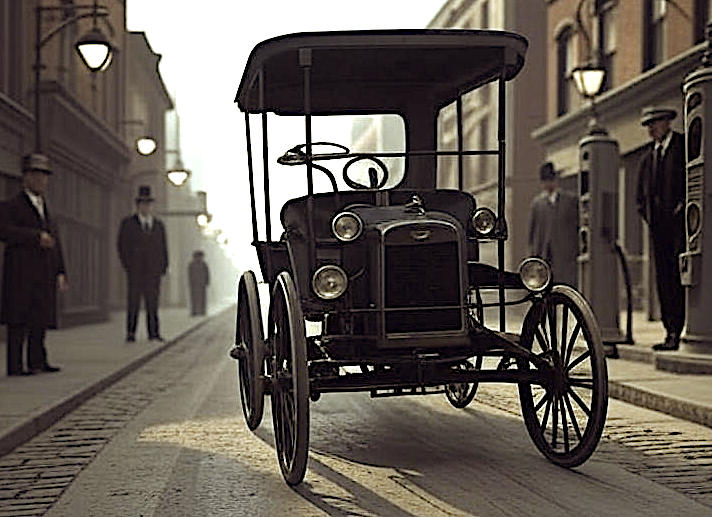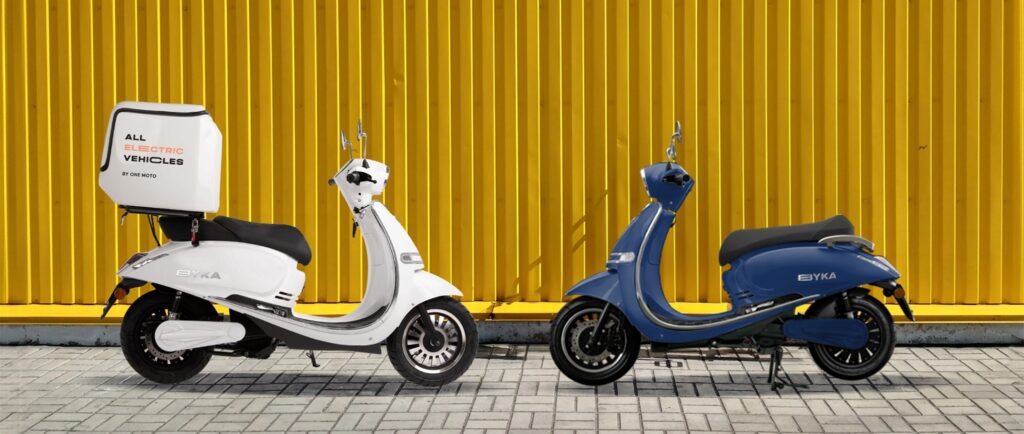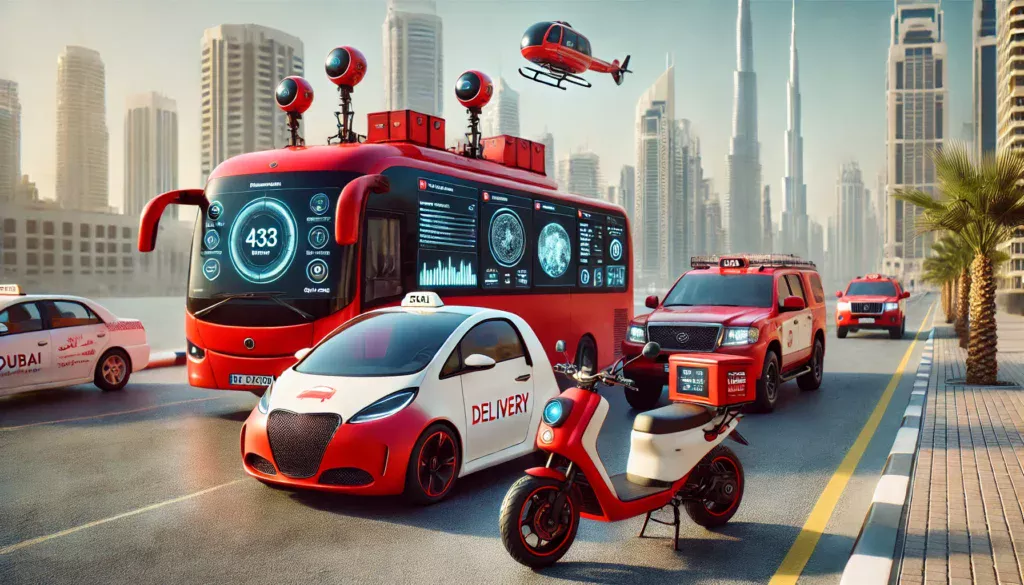I’ve been wondering what the narrative would be if an engineer was to pitch the concept of a combustion engine after the roads were filled with EVs.
Imagine this, “Hey boss [Henry Ford], I’ve got an idea to replace these #EVs, we massively over-engineer the heart of a car, I’m going to call an ‘engine’, it’ll house several thousand parts, requiring tens of other component parts (made up of hundreds more) which is propelled by petrol, which requires thousands of tiny explosions, each component will take hundreds of man hours to install, there will be another few hundred parts for something I call a gear box, and that’s just the start… the noise, oh the noise we can make them really loud, and they’ll emit a tremendous amount of choking fumes…”
Imagine a world where Mr Ford’s assembly line churned out sleek, silent electric vehicles from the get-go. No explosive temper tantrums from finicky engines – just plug in, zip off, and feel smug about ‘saving the planet’. EVs as the original kings of the carriage? What a utopia! But then, some mad inventor – let’s call him Ian Mosk – stumbles upon the combustion engine. Cue the satire: humanity’s greatest “innovation” or the punchline to a cosmic joke?
Picture the early 1900s. EVs dominate: quiet streets, you can hear birds chirp instead of engines roar, blue skies over head. #ChargingStations dot every corner, powered by Tesla‘s wild AC dreams (the man, not the company – though in this timeline, he’d probably sue for royalties). Horse-drawn carts? Obsolete. #Pollution? What’s that? Society thrives on battery bliss, with kids playing hopscotch without asthma attacks.
Enter the combustion contraption. Mosk pitches it: “Why wait hours to charge when you can explode dinosaur juice in a metal box?” Investors laugh him out of the room. “Explode? Like fireworks? Sir, we prefer not to barbecue our commuters!” But oh, the marketing spin begins. Billboards scream: “Feel the Thrill of Potential Detonation! Refuel in Minutes – If You Find a Station!”
Satirically, early adopters are the rebels: oil barons in top hats, guzzling gasoline like it’s fine wine, while EV purists clutch their pearls. “These ‘internal combustion’ fools are poisoning the air! Next, they’ll invent traffic jams just to honk horns!”
Fast-forward: Prohibition era? Forget booze; it’s bootleg oil smuggling. Gangsters like Al Capone trade in black-market petrol, dodging EV cops in silent pursuits. World Wars? Fought over battery mines instead of oil fields – imagine tanks whispering threats. And environmentalists? They’re the ones mocking combustion cars: “Ha! Your ‘engine’ needs constant feeding like a petulant toddler. Ours just naps and wakes up ready!”
By the 21st century, combustion engines become niche hipster toys. “Vintage V8s” for weekend warriors who romanticise noise pollution. Elon Musk? In this world, he’s hawking “exotic” gas guzzlers: “Experience the nostalgia of smog!” #ClimateChange? Averted, but now we fret over “battery anxiety”, what if the grid goes down during a Netflix binge?
In this topsy-turvy tale, EVs as pioneers expose combustion’s absurdity: a dirty, noisy relic we dodged. Satire aside, maybe our real history is the joke – stuck with fossil fools when silent speed was always superior. Plug in, folks; the future’s electric… or was it the past?
A little unknown fact: Thomas Parker first created an electric vehicle in 1884. Since then there have been many iterations until the cars of today, plagued by challenges and advancements in technology, the innovators, dreamers, doers, pioneers and outliers challenged the societal norms to challenge ‘the internal combustion engine’.
Get satirical with your thoughts on what else would have been pitched and received with idiosyncratic and iconoclastic disillusion?
Thank you for reading.


